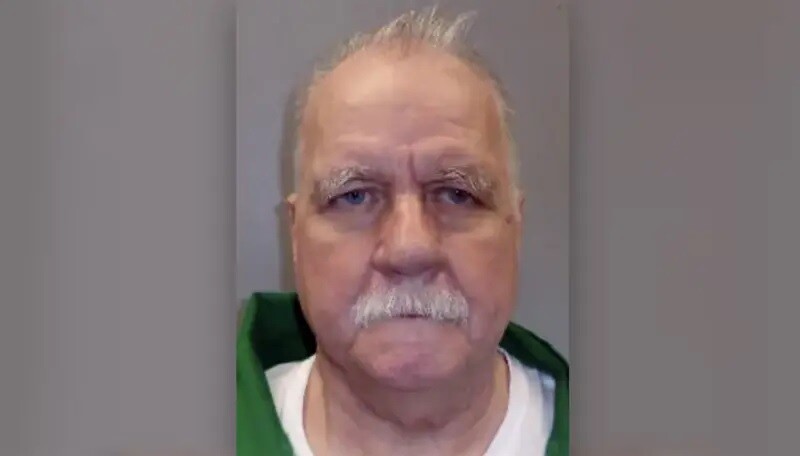
The execution of Brad Sigmon took place on March 8 in South Carolina and marked a significant return to the use of firing squads as a method of execution in the United States. This method, which had not been used in the country for more than a decade, involves the condemned being strapped to a chair and having a target placed on their heart, with their head covered by a bag. Witnesses can observe the execution from behind a bulletproof glass, while the executioners remain hidden.
The bullets used in this type of execution are designed to cause maximum damage, which has sparked intense debate about the suffering they may inflict. Before his execution, Sigmon made an emotional statement expressing love and apologies, citing the Bible to question the morality of the death penalty. The defense argued that Sigmon's legal representation in 2002 was insufficient.
South Carolina passed a law in 2023 that protects the identity of firing squad members and prohibits the disclosure of information regarding the acquisition of drugs for lethal injections. Sigmon was convicted of the brutal murder of his ex-girlfriend's parents in 2001, becoming the first prisoner executed this way since 2010 and the fourth since the reintroduction of the death penalty in the country in 1976.
The firing squad procedure involves the condemned being strapped to a chair with a basin to collect blood, and the shooting is done from a distance of 15 feet. Despite objections from his lawyers and their requests for more time to analyze the state's lethal injection protocol, the South Carolina Supreme Court dismissed their requests.
The legislation that limits the disclosure of information about execution procedures has prompted a reaction from the American Civil Liberties Union (ACLU), which has filed a lawsuit arguing that it limits transparency in execution processes. The growing lack of information about these procedures has sparked criticism, with the ACLU stating that this prohibition strays from the state's tradition of transparency, silencing experts and citizens who analyze the ethics and legality of using the death penalty in South Carolina.
Present at Sigmon's execution was the Larke family, victims of the double murder for which he was convicted.














